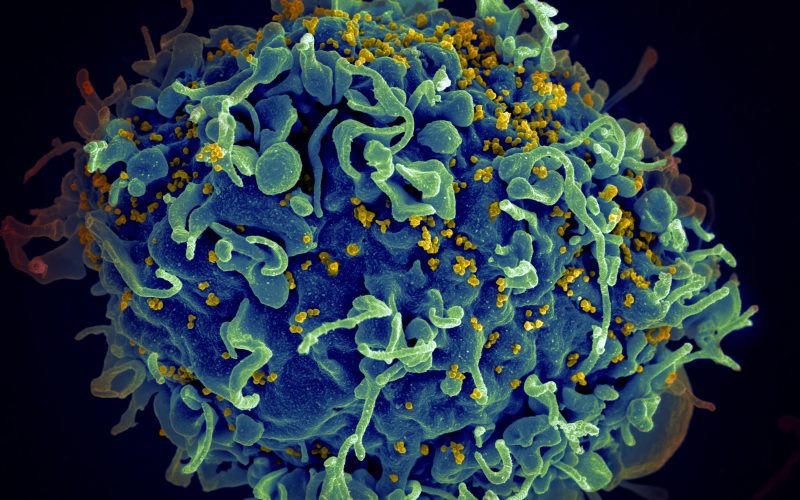H.I.V is a virus that has seen a significant impact in both the United States and worldwide over the last few decades. Despite this, many people are still uncertain about how it works, how to protect themselves against it, and more importantly, why they should even care. This blog post will answer all of your questions about H.I.V; from transmission methods to testing requirements and more, read on to learn more about this deadly virus so you can become better informed and help fight its spread!
What is HIV?
1. What is HIV?
HIV is a virus that attacks the body’s immune system, making the person infected susceptible to other infections and illnesses, which can be deadly. HIV is most commonly transmitted through sexual contact, sharing needles, or from mother to child during pregnancy, childbirth, or breastfeeding. There is no cure for HIV, but there are treatments available that can prolong a person’s life.
How is HIV transmitted?
It is important to understand how HIV is transmitted in order to protect yourself and others. HIV is transmitted through contact with certain bodily fluids, including blood, semen, vaginal fluid, and breast milk. HIV can be transmitted through sexual contact, sharing needles or other injection equipment, or from mother to child during pregnancy, childbirth, or breastfeeding.
In order for HIV transmission to occur, these fluids must come into contact with a mucous membrane or damaged tissue or be directly injected into the bloodstream. Mucous membranes are found in the rectum, vagina, penis, and mouth. Damaged tissue can occur from an injury or surgery.
Needle-sharing among intravenous drug users is a common way that HIV is transmitted. Blood transfusions and organ transplants can also transmit HIV if infected blood or organs are used.
Can HIV be cured?
It is important to understand that there is currently no cure for HIV. However, there are treatments available that can significantly prolong the life of someone living with HIV and allow them to live a relatively normal life. With proper treatment, it is possible for someone with HIV to have a nearly normal lifespan.
What are the symptoms of HIV?
The symptoms of HIV can differ from person to person, and range in severity. In the early stages of infection, some people may experience a flu-like illness, with symptoms such as fever, headache, tiredness, and enlarged lymph nodes. Other common symptoms include:
-Sore throat
-Skin rash or flushing
-Weight loss
-Muscle aches and joint pain
-Diarrhea
-Night sweats
If left untreated, HIV can damage the immune system and affect different parts of the body. This can lead to serious illnesses such as pneumonia, tuberculosis, and cancer. AIDS is the most advanced stage of HIV infection, and can dramatically reduce the lifespan of someone who contracts it.
Conclusion
Understanding HIV and how it’s transmitted is essential to protect yourself and those around you. We hope this article has answered some of the most difficult questions about HIV and provided you with an understanding of how to prevent it. It can be daunting to ask questions about HIV, but we’re here to help provide the answers so that everyone can stay safe. If you have any more questions or would like more information on HIV, please don’t hesitate to contact us for assistance.












